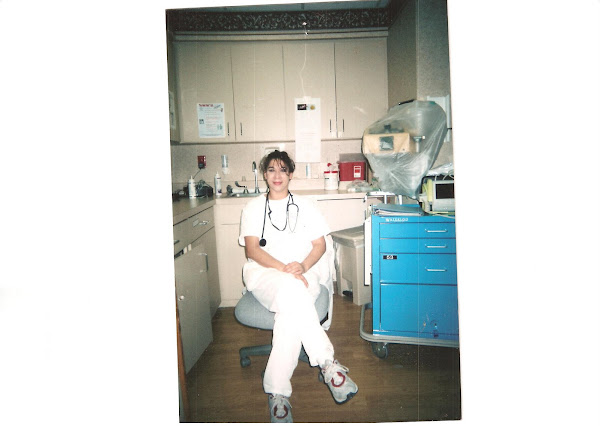MIRIAM
(Mir´i·am) [possibly, Rebellious].
1. Daughter of Amram and his wife Jochebed, both of the tribe of Levi; sister of Moses and Aaron. (Nu 26:59; 1Ch 6:1-3) Though not specifically named in the account, she was undoubtedly the one termed "his sister" who watched to see what would become of the infant Moses as he lay in an ark placed among the reeds of the river Nile. (Ex 2:3, 4) After Pharaoh’s daughter discovered the babe, "felt compassion" for it, and recognized that it was "one of the children of the Hebrews," Miriam asked if she should summon a Hebrew woman to nurse the child. Being told to do so by Pharaoh’s daughter, "the maiden went and called the child’s mother" (Jochebed), who was thereafter employed to care for Moses until he grew up.—Ex 2:5-10.
Leads Israel’s Women in Song. Years later, after witnessing Jehovah’s triumph over Pharaoh’s military forces at the Red Sea and upon hearing the song of Moses and the men of Israel, "Miriam the prophetess" led the women of Israel in joyful tambourine playing and in dancing. Responding to the song led by Moses, Miriam sang: "Sing to Jehovah, for he has become highly exalted. The horse and its rider he has pitched into the sea."—Ex 15:1, 20, 21.
Complains Against Moses. While the Israelites were in the wilderness, Miriam and Aaron began to speak against Moses because of his Cushite wife. Moses’ prominence and influence with the people may have created in Miriam and Aaron a jealous desire for more authority, so that they kept saying: "Is it just by Moses alone that Jehovah has spoken? Is it not by us also that he has spoken?" But Jehovah was listening and suddenly instructed Moses, Miriam, and Aaron to go to the tent of meeting. There God reminded the murmurers that their brother Moses was His servant, the one with whom God spoke, not indirectly, but "mouth to mouth." Jehovah next asked Miriam and Aaron: "Why, then, did you not fear to speak against my servant, against Moses?" God’s anger got to be hot against them and, as the cloud over the tent moved away, "Miriam was struck with leprosy as white as snow." Aaron made a plea for mercy, Moses interceded for her, and Jehovah allowed Miriam to return to the camp after a humiliating seven-day quarantine.—Nu 12:1-15.
The fact that only Miriam was stricken with leprosy may suggest that she was the instigator of wrong conduct on that occasion. (See AARON.) Her sin in murmuring against Moses may have been greater than Aaron’s, possibly even being a case of jealousy of a woman against another woman (since they began to speak against Moses on account of his Cushite wife), with Aaron siding in with his sister rather than his sister-in-law. Since Miriam was viewed as a prophetess, she may have enjoyed being the most prominent woman in Israel. So Miriam perhaps feared that Moses’ wife would eclipse her. Regardless of such possibilities, however, and while it was grossly improper for both Miriam and Aaron to murmur against Moses, it was especially wrong for Miriam to do so because of woman’s God-assigned place of subjection to the man. (1Co 11:3; 1Ti 2:11-14) Miriam’s sinful conduct was later used as a warning example, for at the end of the wilderness trek Moses told the people to comply with priestly instructions regarding leprosy and urged them to remember what Jehovah had done to Miriam when they were coming out of Egypt.—De 24:8, 9.
Miriam died and was buried at Kadesh in the Wilderness of Zin, shortly before Aaron’s death. (Nu 20:1, 28) Centuries later, through his prophet Micah, Jehovah called to remembrance the privilege Miriam enjoyed in association with her brothers when Israel came out of Egypt, saying: "For I brought you up out of the land of Egypt, and from the house of slaves I redeemed you; and I proceeded to send before you Moses, Aaron and Miriam."—Mic 6:4.
2. A descendant of Judah.—1Ch 4:1, 17, 18.
Subscribe to:
Post Comments (Atom)



No comments:
Post a Comment